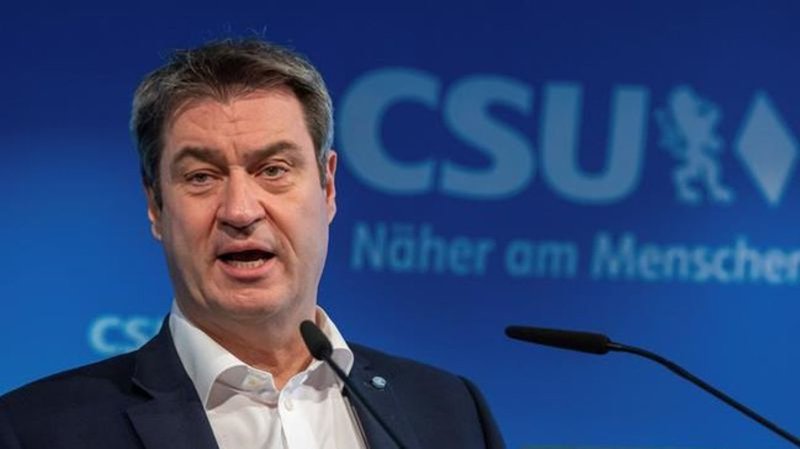
Merkel’s party faces German election ‘wake-up call’
BERLIN — Two German state election defeats have put the spotlight on chances of a government without Chancellor Angela Merkel’s bloc after September’s national vote. A possible contender to succeed her said Monday that the centre-right needs to raise its game to keep the country’s top job.
Final results showed that Merkel’s Christian Democratic Union was handily defeated in Sunday’s elections by two popular incumbent state governors: the Green party’s Winfried Kretschmann in Baden-Wuerttemberg and the centre-left Social Democrats’ Malu Dreyer in Rhineland-Palatinate.
While the CDU always faced an uphill battle against the pair, the results were painful. It lost the two states — both of which were once strongholds, but have long since slipped from its grasp — by about eight percentage points. It won 24.1% of the vote in Baden-Wuerttemberg and 27.7% in Rhineland-Palatinate, its worst post-World War II showing in both states.
Merkel’s federal government faces discontent over a slow start to Germany’s coronavirus vaccination drive, while most restrictions remain in place and infections are rising again. And her centre-right bloc has been hit over the past two weeks by allegations that a few lawmakers profited from deals to procure masks early in the coronavirus pandemic.


